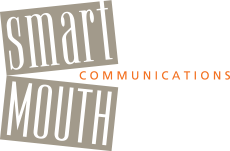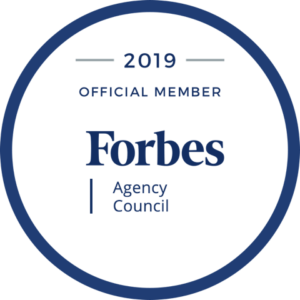 Q: Are you a presenter who likes to encourage audience engagement and discussion?
Q: Are you a presenter who likes to encourage audience engagement and discussion?
Q: Are you a presenter who worries about radio silence from your audience during Q&A?
Q: Are you a presenter who wants to know more about your audience when you’re in front of them?
If you answered yes to any or all of the above, then you are someone who needs to know your questions.
Presentation prep does not end with a well-organized deck, replete with clear points, well-contained information, some stories, and a call to action. Presentation prep also needs to include the questions you plan to ask your audience.
Here are 3 prompts for the types of questions you might need to prepare and know ahead of time:
Questions that encourage engagement, discussion and understanding.
Let’s say you are someone who does well with lots of audience engagement and active discussion during a presentation. How do you encourage that? Or let’s say you are someone who likes to stimulate discussion in order to get a feel for whether your audience is on the same page as you and understands/appreciates your points. How do you find out if they’re with you?
You’ll want to prepare ahead and develop some specific leading questions that get you to the discussion you want to conduct or to the understanding you’re hoping to achieve. Questions like “What do you think so far?” or “Tell me what you think the most compelling aspect of this proposal is so far?” or “Let me know who agrees or disagrees so far and why.”
Questions to prompt your audience during Q&A.
It’s time for Q&A. You announce to your audience, “We have about 10 minutes, I’m happy to take any questions you may have.” Radio silence. No hands, no voices. Now what do you do? Again, you will want to have prepared some questions ahead of time that might stimulate the kind of discussion you want to have.
This is where you might ask them, “Can someone tell me what their number one takeaway is from today’s talk?” (peer teachback!) or “Where are the holes in my proposal, what did I leave out?” (challenge me!) or “Is someone willing to volunteer and share their impression?” (potential exposure!)
Questions to help you get to know your audience.
Depending on the size of your audience, you can solicit input from them, either in the beginning or during your presentation, to get to know them better. You might know generally what they’re interested in, but there’s nothing like asking them on the spot, that day, what’s on their minds. Questions that elicit their personal interest or bias regarding your topic can be very helpful as you work through your material. The answers could well give you insights into things you should avoid or include.
Think about stating your topic and then asking the audience what it is about your topic that they would want you to be sure to cover. Or ask for a show of hands when you want to find out what proportion of the audience has had an experience you’re about to describe. Ask them to share their experience. Find out, on a more granular level, what they’re interested in regarding your topic.
It’s all risky. Knowing, not knowing. Asking, not asking. Put yourself out there, ask with sincerity and curiosity and then adapt/adjust accordingly. Your audience can be a presentation helper, not just a receptacle for your words.
- New Agey Advice for Nervousness - November 3, 2022
- Your Passion Can Go a Long Way Toward Building Connection - October 10, 2022
- Keep stage fright a private matter while you’re speaking on a public stage! - August 11, 2022



